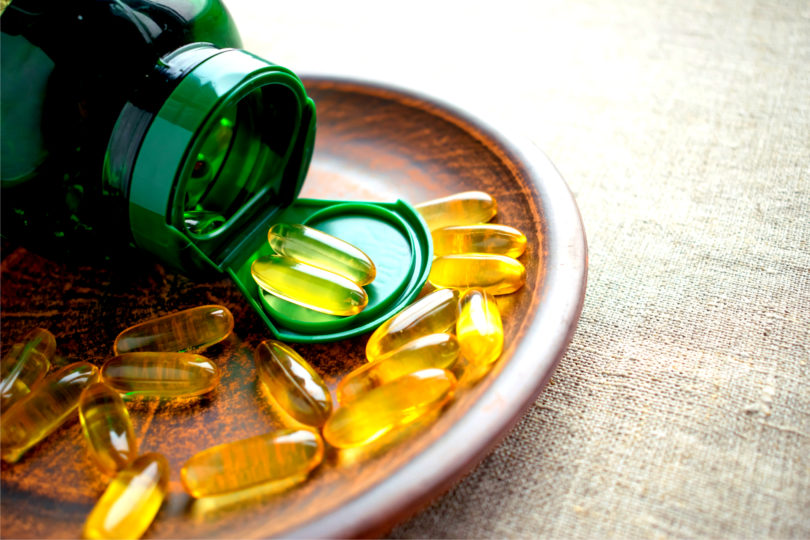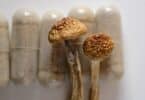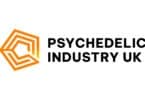The cannabis industry is growing at an unprecedented rate. Some of this is thanks to the new-found popularity of CBD products, which are making a name for themselves as nature’s greatest supplements.
You probably won’t need to look very hard to find some form of CBD product on a shelf near you. Nowadays, CBD is available in a variety of strengths, formats and sizes. Popular ways of utilising CBD’s health benefits include smoking CBD flowers, applying CBD topicals to your skin, and of course, ingesting CBD oil.
CBD softgels are a convenient and easy way to get your daily dose of CBD oil. The supplement industry can typically come under some scrutiny, leading to some myths and misconceptions surrounding products like CBD softgels. So we’re going to separate the fact from fiction and debunk some of the nonsense we’ve heard about these health supplements.
But first, what exactly are CBD softgels and how do they work their magic? Let’s take a look.
Subscribe to the Medical Cannabis Weekly Newsletter for BOGO CBD Softgels!
CBD Softgels 101
CBD softgels are an incredibly convenient way to get your daily dose of CBD. Essentially, they’re just soft, gel-like capsules which contain a regulated dose of CBD oil.
Many people prefer to take CBD oil in this way because it makes life simple. You can take one capsule with water alongside your breakfast, before bed and even on the go.
However, the main reason why CBD softgels are such a convenient way to use CBD oil is that they come with a measured dosage per capsule. Typically, companies write the strength per capsule on the bottle (for example, 10mg per softgel). This takes out the guesswork in comparison to buying a 200mg bottle of CBD oil and then doing the math to work out how many drops you need for say, a 20mg dose.
Some people are skeptical about the effectiveness of CBD and using it as a health supplement. It’s time to debunk some of the myths surrounding CBD softgels so that you can make an informed decision on what’s right for you.
Myths and Misconceptions of CBD
1. CBD doesn’t have any scientifically proven health benefits
The library of scientific research surrounding all things CBD only keeps growing as it gains more popularity worldwide.
Last year, the FDA approved a CBD-based medicine called Epidiolex. It’s the first FDA approved medicine that contains a purified drug substance which is derived for cannabis. This oral solution is used for the treatment of seizures linked with rare forms of epilepsy, Lennox-Gastaut syndrome and Dravet syndrome. It is prescribed for those aged two and above.
CBD has also been touted as a beneficial aid for a multitude of conditions. The anecdotal evidence is rife and suggests CBD can help with anxiety, insomnia, stress, symptoms of menopause and more. The list is truly endless!
As far as scientific evidence in these areas goes, it’s limited at this stage and varies for each condition. However, results from existing studies are showing promising results. More research is constantly being done in order to back up the claims of millions who say CBD helps them manage their ailments.

2. CBD products are illegal
To say that CBD products are illegal isn’t strictly true. The important factor to note here is that CBD’s legal status is different from state to state. It also differs between countries.
In the USA, CBD’s legal status is in flux. Last year, the Trump Administration passed the 2018 Farm Bill. This bill reclassified hemp to what’s called an “agricultural commodity.” Under these rules, CBD is still illegal if it is derived from high THC Cannabis, so the CBD needs to come from the Hemp plant and not Marijuana. It must also contain less than 0.3% THC. However, there are some exceptions to the rule on a state level.
For example, in Colorado and California, cannabis is legal for recreational purposes as well as for medical. This means that CBD derived from Marijuana plants is legal in those states. There are also another eight states that have a statutory provision for all Cannabis products.
In the EU, CBD products have gained ‘novel food’ status. This means that only CBD oil which is extracted in a particular way and has gained approval from the EU can be sold for consumption. When it comes to growing hemp for CBD, the regulations are pretty much the same as we discussed before regarding the USA. You can read more about novel food status here.
3. CBD softgels will give you the same buzz as conventional cannabis
CBD is known for having relaxing properties. But will it give you the same high as conventional cannabis? In short, no.
This is because CBD softgels, along with basically all CBD products, contain little to no THC (under 0.3% to be precise). THC is one of the most well known cannabinoids found in the cannabis plant. It’s also the one which is responsible for the psychoactive ‘high’ that you feel when you smoke recreational cannabis.
4. CBD will make you fail a drug test
When it comes to drug tests, there are specific cannabinoids (and metabolities of those cannabinoids) that you’re being tested for. Typically, a standard screen test is looking at those cannabinoids which give us the psychoactive effects – namely, THC.
As we’ve covered already, high quality CBD products contain less than 0.3% THC. If we take that into account, it’s incredibly unlikely that using CBD products will make you fail a drug test. Lets put it this way – you’d have to consume approximately 1500-2000mg of CBD per day to build up to the levels of THC that would make you fail a drug test.
You can check out our article on the connection between CBD and drug testing for a more in-depth look at how this works.
BOGO CBD Softgels – Click here!
5. Higher doses of CBD are better
In truth, there is no standardisation or FDA advice on what is the best dose of CBD to take.
Optimal dosage size really varies between people. It’s somewhat of a trial-and-error process when finding what’s right for you. There are a number of factors which influence what the perfect serving for each individual, including your weight, what benefit you want to gain from using CBD and in which form you’re choosing to use CBD. Ingested CBD also needs slightly longer to take effect, as opposed to smoking CBD flowers which have a more instant result.
In general, there are no severe side effects when using CBD. However, taking CBD at high doses from the get-go can result in mild side effects like nausea, drowsiness and diarrhoea.
Dosages vary between products like edibles and oils, but at least with CBD softgels you are ensuring you get an accurate dose. We love Hygia Nutrients nextHEMP CBD softgels, which use CBD from a trusted source to ensure quality and correct dosage.
Final Thoughts
Despite the myths and misconceptions surrounding CBD softgels, the scientific evidence is growing in favour of their use as a supplement for a wide range of conditions. And you needn’t worry about getting a buzz from them.
The important thing to remember is to source your CBD softgels from a reliable source. That way, you can ensure you’re getting a high-quality product with an accurate dosage. Just remember to check the laws in your state or country before purchasing.
For more articles like this one, subscribe to the Medical Cannabis Weekly Newsletter.








Just one problem. Bio-availability. Since soft gel gets to the stomach and acids release the CBD very, very little actually is absorbed to achieve the medicinal benefit. Unless CBD makes it into bloodstream like most capsule supplements it’s not absorbed. This is why smoking (most) and (2nd most) tincture (assuming held under tongue for an adequate period have more of an immediate impact.
The hemp industry has a duty to provide clear education to ensure wellness is the first priority otherwise the market floods with partial or bad product where price versus value is the priority of the seller.
If we don’t do it it’s guaranteed the FDA and USDA will. No bueno amigos.